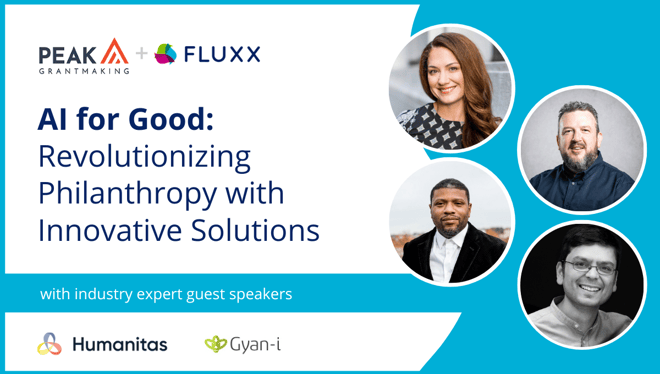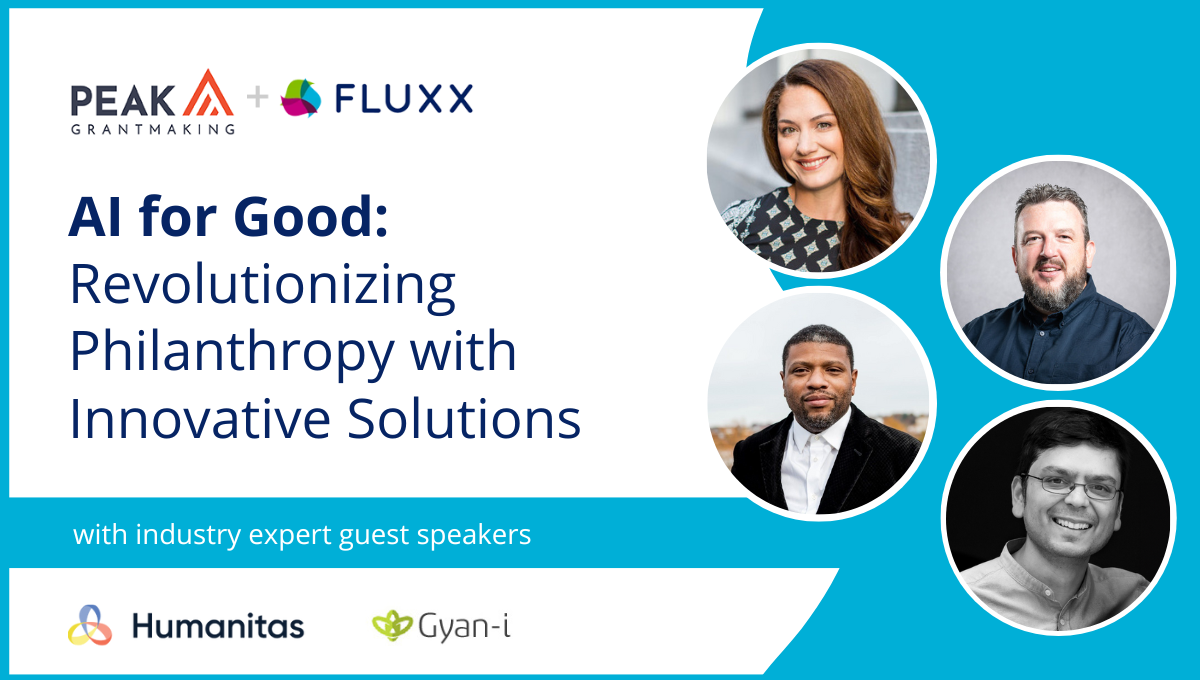 As Generative AI garners unprecedented technology adoption, it brings to light the potential of AI to shape our future. For instance, ChatGPT achieved a milestone of over 100 million users within just two months, outpacing the growth of any technology or app known to date. This level of growth presents ample opportunities as well as potential threats. Industry experts, such as Nina Schick, predict that by 2025, nearly 90% of online content will be generated by AI. A sobering forecast.
As Generative AI garners unprecedented technology adoption, it brings to light the potential of AI to shape our future. For instance, ChatGPT achieved a milestone of over 100 million users within just two months, outpacing the growth of any technology or app known to date. This level of growth presents ample opportunities as well as potential threats. Industry experts, such as Nina Schick, predict that by 2025, nearly 90% of online content will be generated by AI. A sobering forecast.
Like many other industries, the philanthropy sector is weighing the impact of AI on its effectiveness, potential advantages, and potential consequences. There are numerous ways AI can streamline the grants management process, with equally many opportunities for swift integration.
But, as we explore the vast potential of AI, an important question surfaces: Can we maximize the benefits of AI without compromising our ethical standards?
An upcoming webinar, co-hosted by Fluxx and PEAK, will explore the “AI for good” concept, and what it signifies for the philanthropic sector. By bringing together leading voices in philanthropy and AI and sharing insights from a four-city roadshow attended by peers in the philanthropic community, the webinar will explore AI’s implications, considering both technological and ethical perspectives.
The following four considerations are examples of perspectives surrounding the ethics and sustainability of AI:
Sustainable Use of AI: Early adoption has its merits, but blind adoption can lead to unintended pitfalls. Leveraging AI to help drive efficiencies and create transformative experiences require careful thought around how it is used sustainably. It is important to ask the right questions to differentiate what AI SHOULD be used for versus what it CAN be used for.
Data Ethics and Governance: Who controls and governs the use of AI? The reality is there isn’t any governance; AI is as pervasive as the internet itself. The focus should be on establishing checks and balances to ensure you are protected.
Diversity, Equity, Inclusion and AI Bias: Given that humans create tools with inherent biases, AI systems may also exhibit biases that hinder ethical decision-making based on algorithms. This highlights the necessity for control mechanisms that uphold ethics.
Privacy and Security Concerns: How secure will the use of AI be once it is incorporated to the narrative of the daily grantmaking process? As information is input into the tools to generate results, where do those inputs go and how secure is the information being disclosed. AI is designed to adapt based on the data provided, so information shared is essentially information released to the world - can organizations afford this loss of privacy?
These are just some topics that need to be addressed when considering responsible AI for philanthropy technology. It is one thing to be able to integrate AI to a process, or leverage it to help automate tasks; it is another thing entirely to ask whether the ends justify the means. Thoughtful consideration, responsible adoption, and ethical checks and balances are important components to building a grants management solution with generative AI.
Join us on June 29th at 2:30pm PT as we explore how the philanthropic community can responsibly leverage AI.

 As Generative AI garners unprecedented technology adoption, it brings to light the potential of AI to shape our future. For instance, ChatGPT achieved a milestone of over
As Generative AI garners unprecedented technology adoption, it brings to light the potential of AI to shape our future. For instance, ChatGPT achieved a milestone of over